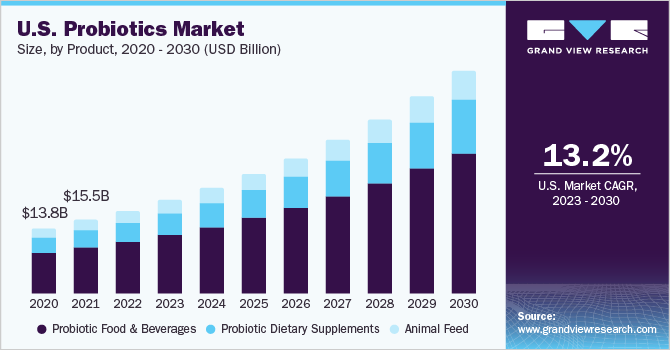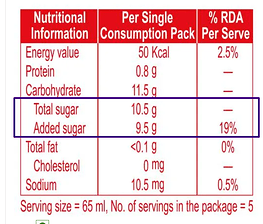Pro-biotic supplements - A facade?
Social media is filled with ads for probiotic supplements, all claiming to treat everything from constipation to obesity to depression. The global probiotics market size was estimated at $77.12 billion in 2022 and is expected to grow at a CAGR of 14.0% from 2023 to 2030 

But are probiotic supplements required for healthy individuals?
The short answer, based on what I could gather from current research, is No. Although certain bacteria help treat some gut disorders, they have no known benefits for healthy people.
This study conducted by BioMed Central says,
According to our systematic review, no convincing evidence exists for consistent effects of examined probiotics on fecal microbiota composition in healthy adults, despite probiotic products being consumed to a large extent by the general population.
The study included healthy adults aged 19 to 88, with participant numbers ranging from 21 to 81. Probiotic products were administered in various forms, such as biscuits, milk-based drinks, sachets, or capsules, for durations of 21 to 42 days.
However, they also said, “To explore the potential of probiotics to contribute to disease prevention in healthy people, there is a major need for much larger, carefully designed, and carefully conducted clinical trials.”
Going further down the rabbit hole, the problem with studies that claim the many benefits of probiotic supplements is that the majority of published studies have focused on populations with specific health pathologies. This study from the National Library of Medicine further concludes that “The feasibility of probiotics consumption to provide benefits in healthy adults requires further investigation.”
I’ve noticed that many of my healthy friends and relatives stock their fridges with Yakult bottles and other capsule forms of probiotic supplements they come across on social media. However, it’s worth noting that a single pack of Yakult contains a whopping 20 grams of sugar, and the company recommends consuming two bottles per day. This high sugar content alone can be harmful, regardless of whether the probiotic itself provides any benefits.
Can individuals get beneficial microbes from eating regular food?
Harvard Health Publishing and Cleveland Clinic have said that individuals can get beneficial microbes from eating regular food items like:
- Yogurt.
- Buttermilk.
- Sourdough bread.
- Cottage cheese.
- Kombucha.
- Fermented pickles.
Looks like your regular curd rice and pickle have beneficial microbes. All curd rice aficionados can finally give a scientific explanation for their unhealthy obsession  .
.
By no means am I a healthcare expert or professional, but just going through the above-mentioned resources from the internet, would it be safe to conclude that probiotics are not required for healthy individuals and that one must consume them only after they are prescribed by a professional?
If you are aware of scientific studies that were conducted on a large scale that prove the benefits of probiotic supplements for healthy individuals, please link them below.
Further studying: Do Probiotics Really Work? | Scientific American




